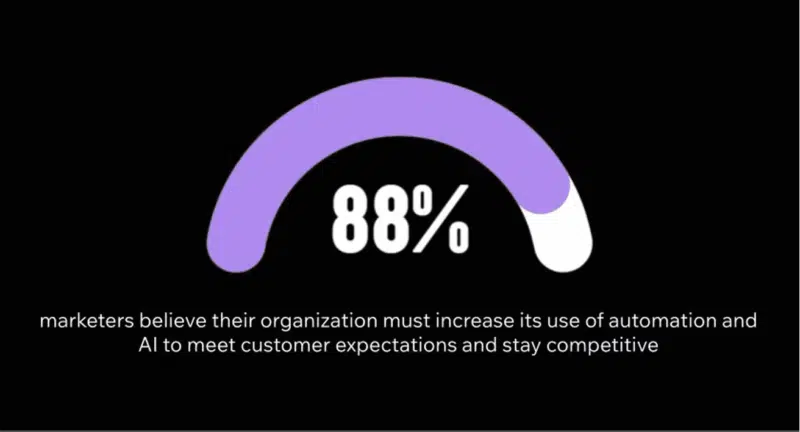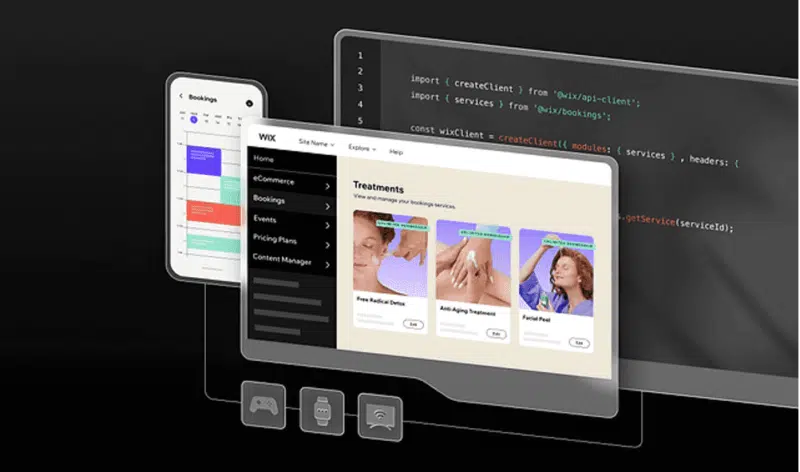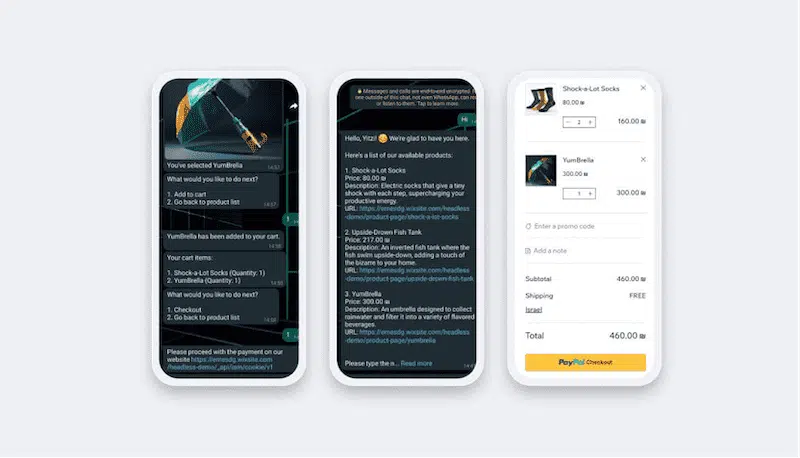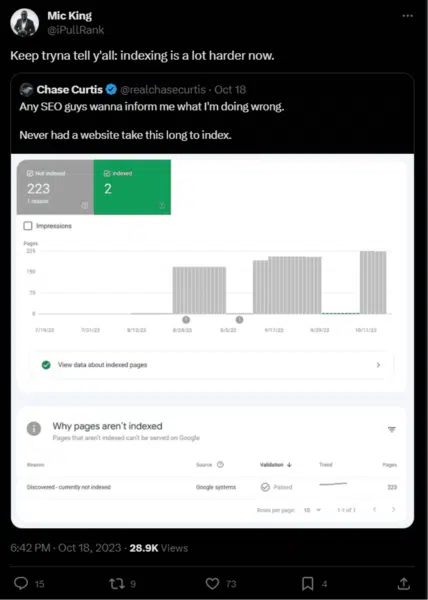

SEOs know that their most valuable career skill is the ability to adapt to change, and the past 12 months have seen an incredible increase in that skill. While industry headlines and random people at X are happy to remind you that SEO is “dead” in light of these developments, the truth is that there has never been a more exciting and dynamic time for SEO. That means there wasn't.
As the new year dawns, the convergence of AI and existing frameworks will allow many to jump into new content streams and opportunities to connect with their audiences through new channels. Across industries, the adoption rate and complexity of AI tools will drive his SEO growth, benefiting an audience that has come to expect innovation every day.
Sophisticated AI connectivity
AI has become part of the SEO and marketing workflow. In the products we consume and the way we create and manage content, AI is becoming the expectation rather than the exception in our lives.
Driven by the competitive environment and customer expectations, AI has emerged as an enhancement to hundreds of SEO and MarTech products and tools in 2023. A recent study by Mailchimp found that “88% of marketers believe their marketing organizations need to increase their use of automation and AI to meet customer expectations and remain competitive. ”


In 2024, we expect this trend to continue and become more sophisticated. The first iteration of mainstream generative AI focused on discovering this new shiny object and what it could do. AI summaries and image generators are now commonplace. But after this initial fire sale, those who had a solid marketing and his SEO framework before generative AI reached the zeitgeist became the best place to use the tool today. .
For example, Wix has been applying AI extensively across its systems for nearly a decade, and in 2016 it introduced its own Artificial Design Intelligence. He has won the Google Cloud Partner Award three times. Wix CMS and business solutions include AI powered by machine learning such as Google Translate, Vision, etc. He has many years of experience managing AI and Google Ads. . So, as they say, AI is “not new.”


However, with the mainstreaming of AI in marketing and SEO, Wix has added AI capabilities to its SEO tools to increase access to SEO features.
- Within the editor, the Create AI Text tool allows users to generate keyword-focused copy that targets specific page types and intents. For category pages, overview pages, and other static pages for users.
- AI image generator helps users create illustrated images to accompany blogs and other content.
- The AI meta tag generator works in conjunction with the Semrush keyword research integration to ensure your blog and other pages include well-structured, keyword-optimized meta tags.
- Wix Studio has a tool called Responsive AI that evaluates the desktop UX of your web pages and uses AI to adapt them to different screen sizes and breakpoints with the click of a button.
Each tool is built on existing frameworks and data back automation to deliver superior results. This is the sweet spot. SEO and digital marketers will be able to bring new and innovative value to their clients and customers through automation, AI, and data science.
In 2024, we expect companies with solid data and strong marketing foundations to use mature, well-integrated AI to move beyond simple parlor tricks.
Headless for omnichannel


Headless CMS will become even more attractive in 2024 as the age of AI creates opportunities to display content in new and exciting ways by leveraging on-demand generation technology. Unlike traditional He CMS, Headless does not have an integrated front end (head). This gives developers and their SEO the flexibility to use different technologies to display content via his API on different platforms such as websites, mobile apps, and IoT devices. This flexibility is invaluable in the multichannel marketing environment of the TikTok generation. This means headless offers great opportunities for omnichannel marketing consistency and quality.
The headless CMS concept reached critical mass in 2023, with Wix Headless joining the trend last year. Enabling developers to use Wix front-end systems with technology stacks that are compatible with consuming data from RESTful APIs like React and server-side technologies like Node.js provides more space for growth and experimentation. A fluid opportunity arose. Integrations with Github and Netlify give you even more options for APIs, SDKs, and Next.js templates. These open systems create endless possibilities and make headless especially attractive in the generative age.


Headless content systems connected to custom GPT and other AI tools will almost certainly integrate with existing headless solutions, such as chatbots, to create a seamless generative experience.
Feed management as an SEO skill
Throughout 2023, SEOs have observed changes in crawl rates and the percentage of pages indexed by Google bots.


Indexing is not guaranteed, but as Google begins to split up how it crawls different elements of a website using APIs and differentiated feeds in conjunction with structured data provided , this can happen.


Google's guidance appears to continue to push content creators to categorize and organize their content into dedicated Google channels, including:
- Google Merchant Center
- Google Maker Center
- google news
- Google Business Profile
To perform optimally, you need to optimize the feed for each of these channels. Feeds leave unmanaged trigger errors, distribute inaccurate information, and waste user and bot time. Careful management requires establishing rules that specify what goes into the feed and managing technical configurations such as dynamic structured data that enable data to flow freely.
Dedicated feeds and channels are not new, but we are beginning to realize that participating in indexing these feeds is not optional. In Wix's experience, we've seen clients struggle to get indexed through other methods and are only able to get their products indexed via Google Merchant Center. This is a natural progression given how Google Search Console and Google's SERPs are structured and how content is continually segmented by intent and customer journey. It seems like that.
This article was written by crystal carterHead of SEO Communications at Wix.


